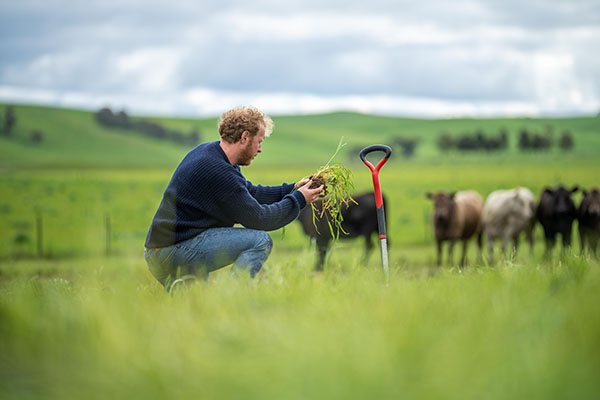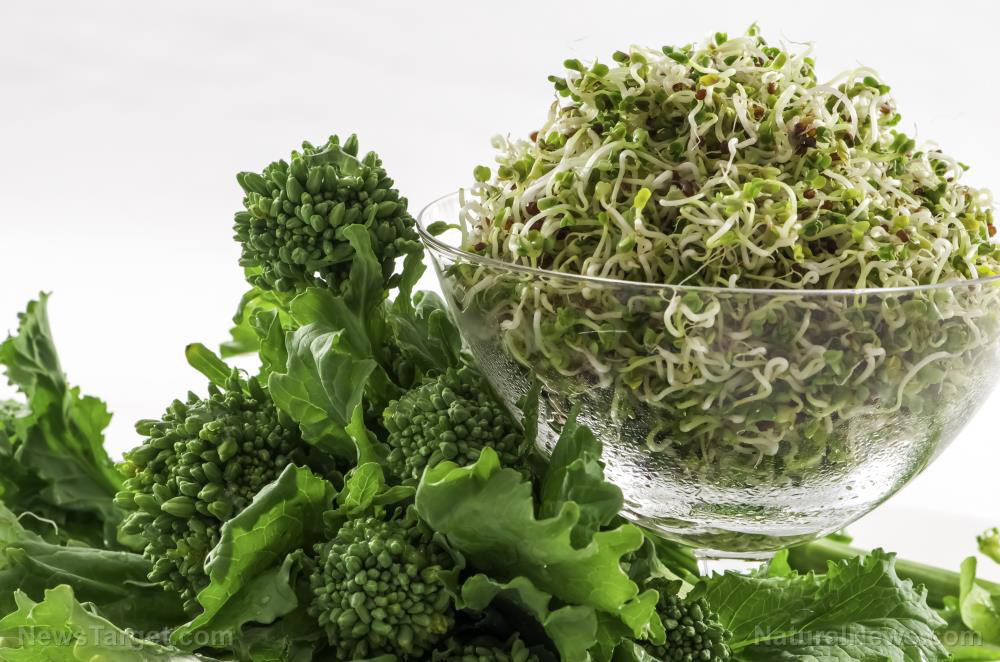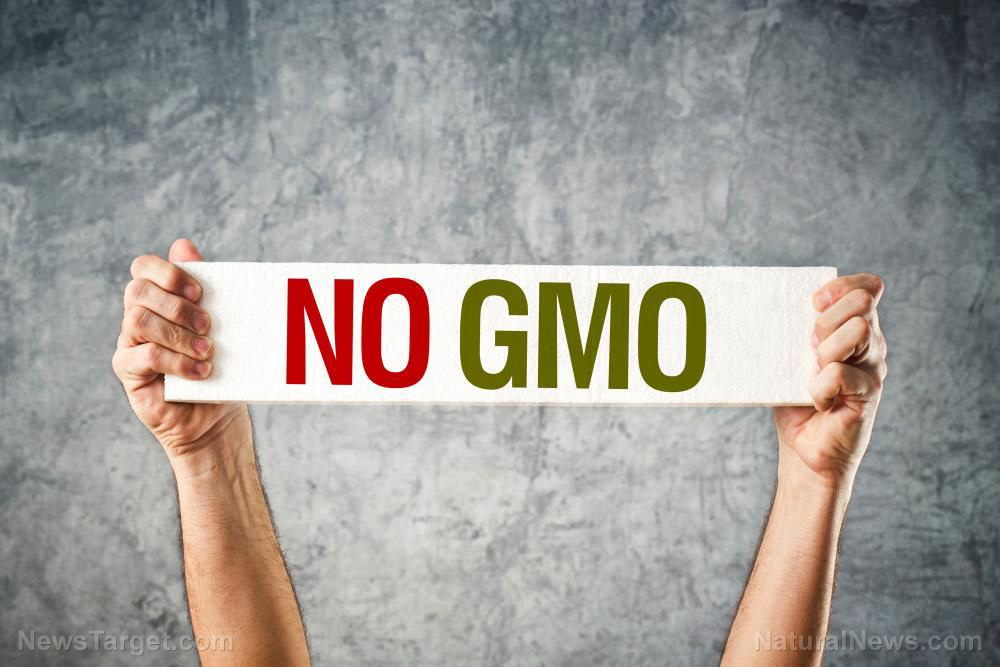Welsh farmers protest Sustainable Farming Scheme that could put them out of business
03/27/2024 / By Cassie B.

Farmers are protesting across Wales against rural policies put in place by the Welsh government that are not only threatening thousands of jobs but also their way of life.
In the past few weeks, they have shown up at political events in their tractors and caused traffic delays on Welsh roads in what some believe could be one of the biggest crises for Welsh Labour Party in decades. The farming sector, and livestock farming in particular, is being blamed by climate alarmists for the UK’s methane emissions.
The farmers’ main concern is the Sustainable Farming Scheme (SFS) that the Welsh government has put in place as a way of funding the industry starting next year. One of its main components is forcing farmers to commit to making sure that one tenth of their land remains under tree cover. For farmers, this could prove to be quite expensive and is not practical. In addition, it could lead to an overwhelming amount of paperwork, while farmers with mortgages could be refused by banks because planting trees can reduce land values. A further 10 percent of their land must be devoted to a wildlife habitat under the new rules.
The controversial scheme claims that farmers will “be rewarded for responding to the climate and nature emergencies,” but the amount of money farmers will receive for giving up one fifth of their productive land overall is unclear.
Another reason they are opposed to the plan is because it will phase in strict rules aimed at controlling the spread of animal manure and manmade fertilizer. There are also 17 “universal actions” that will control numerous aspects of farming, from habitat maintenance to “continuous personal development.”
A report about the impact of the SFS shows that it could cause a reduction in the numbers of Welsh livestock of nearly 11%, along with an 11% reduction in labor on Welsh farms, which equates to 5,500 jobs. It would also see the industry losing millions of pounds.
Fifth-generation farmer Ioan Humphreys told the AP: “I’ve got a two-year-old son sitting at home who loves every minute of being on the farm, and I am fighting for his future on that farm. Where do the people thinking up these schemes think their food is going to come from?”
As part of their Enough is Enough campaign, the farmers have been showing up in tractors outside of the Welsh rural affairs minister’s office. Some protesters carried signs with slogans like “No Farmers, No Food” and “We Will Not Be Mooooved!”
Hundreds of tractors also disrupted traffic on a highway in southwest Wales. This resulted in Welsh police having to instruct drivers to avoid the area altogether.
Welsh farmers maintain new rules are unrealistic and “insulting”
Farmer Stella Phillips told The Times: “We already have a lot of rules and regulations which we cope with and farm with already. But I don’t know how we’ll manage with all of this. When are you going to have time to farm? If things don’t work out there in the fields, you can forget the desktop in here because there will be nothing to measure, nothing to monitor, nothing to sell. If we have to plant 10 per cent trees, we’ll be finished.”
On her family’s 85-acre farm, they are struggling to find space to devote to woodland to meet the requirements. They’re also concerned about the requirements to create ponds. Fencing the ponds in requires the red tape involved in getting planning permission, but leaving them unfenced poses a danger to their small children. These bodies of water also attract insects that carry infections and could compromise the health of their sheep.
Farmers in the UK already receive very little of their produce’s retail value, with dairy farmers getting less than 1p of the retail value on a 480-gram block of cheese. Moreover, production costs are soaring, with everything from feed and fertilizer to fuel and energy making it harder for them to turn a profit. These new rules could see numerous farmers go out of business, particularly those with smaller farms.
Sources for this article include:
Submit a correction >>
Tagged Under:
big government, environment, farmers, food supply, green tyranny, protests, resist, sustainability, uprising, Wales, world agriculture
This article may contain statements that reflect the opinion of the author
RECENT NEWS & ARTICLES
COPYRIGHT © 2017 FOOD SUPPLY NEWS





















